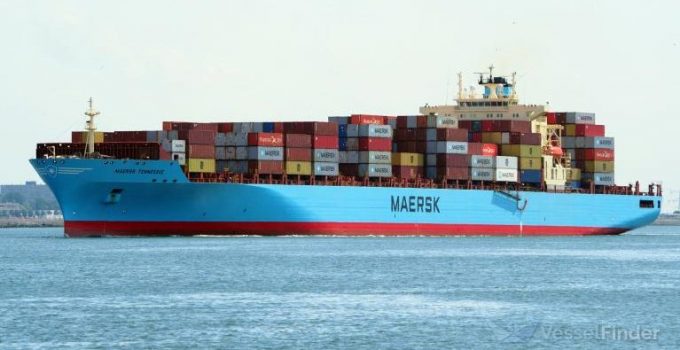Maersk and Cosco lose out as the battle for market share goes organic
The competitive landscape is changing for ocean carriers – and Maersk and Cosco find themselves ...

Maersk enjoyed a “robust” second quarter, boosted by lower unit costs, but the shipping and logistics group is now sailing in, at best, breakeven waters.
Indeed, notwithstanding raising the lower end of its full-year guidance from an ebit of $2bn to $3.5bn and having already achieved ...

Comment on this article